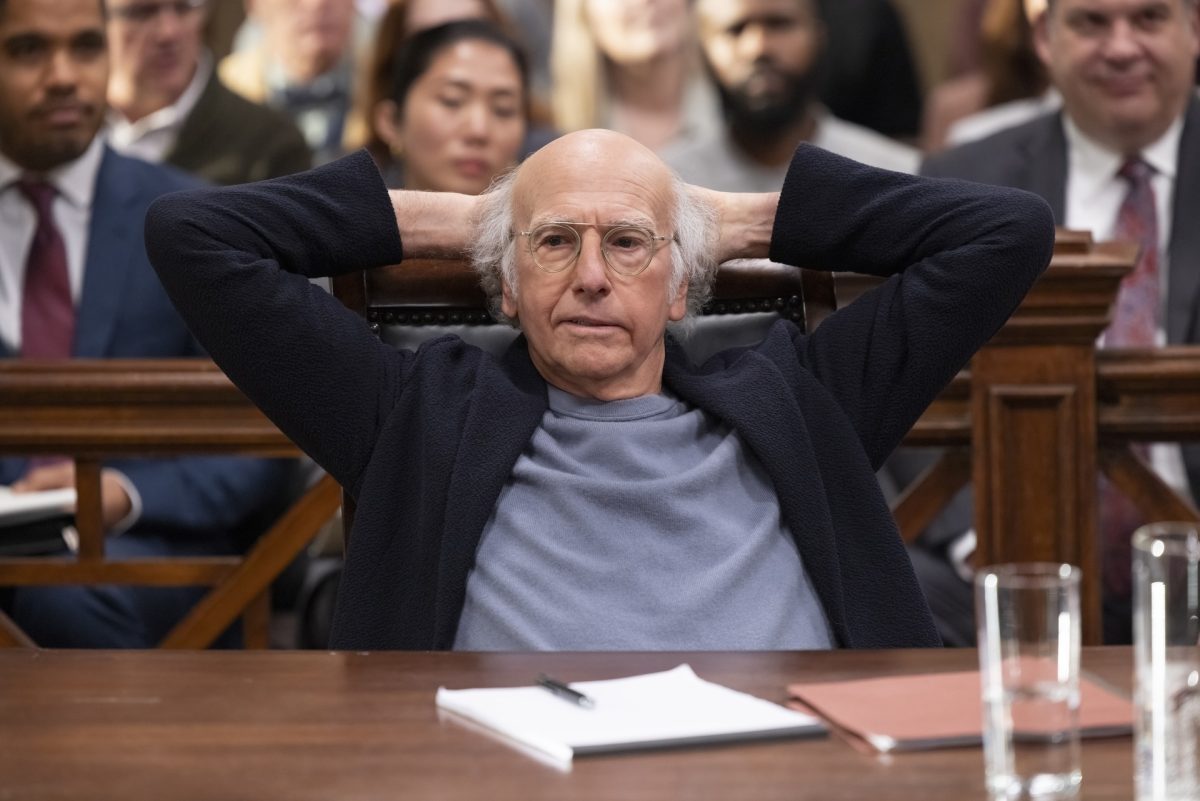With the 2018 legislative session in start, local filmmakers fear that more cuts to film incentive programs will lead to a greater deficit in media productions. This could mean fewer jobs for Texan filmmakers.
Film incentives are cash grants that incentivize hiring Texans for media productions within the state. According to the Texas Moving Image Industry Incentive Program, 70 percent of paid cast and crew including extras must be Texas Residents, and 60 percent of total production days must be completed in Texas in order for them to receive the rebate.
Last year, the budget for the incentive program went down to zero, with many critics of the program arguing that money was being taken from Texans to be given to Hollywood producers. The Texas State Senate later restored $22 million in funding for media incentives when Gov. Greg Abbott championed the TMIIIP, but this funding is lower than that in other states.
According to Dallas News, Georgia offers $504 million to filmmakers in its rebate program, which is $482 million more than Texas.
Paul Stekler, a documentary filmmaker and radio-television-film professor, said with other states offering better programs, it is not hard to see why many productions have decided to abandon the Lone Star State in exchange for a more lucrative deal.
“The problem is the incentive cuts driving productions and jobs out of the state, meaning there will be fewer opportunities for RTF grads to stay in Texas if they want to have a career,” Stekler said.
Micah Barber, an Austin filmmaker and radio-television-film lecturer, argued that the large cuts to the incentive programs are unfounded, as they don’t need the largest budgets, but rather require stability to compete with neighboring states.
“Texas has to stay competitive,” Barber said. “One of the best ways to do that is to lock in incentive money. Producers fear that they will plan on coming to a state only to have the politicians pull the rug out from under them.”
Barber said a common misconception about these incentive programs is that they only benefit the big filmmakers from Hollywood. But in reality, the program is very advantageous for the Texans that work on these productions. According to CBS Austin, for every $1 given to a film production, $5.55 goes back into the economy.
Barber also explained that for radio-television-film students to gain firsthand experience, Texas needs to maintain these programs so they can have the opportunity to do so.
“It’s important to understand the ripple effect,” Barber said. “Having steady projects come to Texas allows an industry to grow. When the big projects go, the other resources and people follow.”
Barber said that for radio-television-film students and local filmmakers to continue having opportunities to work in Austin, there needs to be a strong incentive program. Lawmakers need to maintain these programs and provide a sufficient budget to keep films, TV shows, commercials, video games and visual effects projects inside the state.
“People want to stay and film in Texas, and these cuts are killing the industry,” Stekler said.
With many fearing legislation won’t support the incentive program in the future, local filmmakers will have to keep their fingers crossed and wait to see what happens.





















